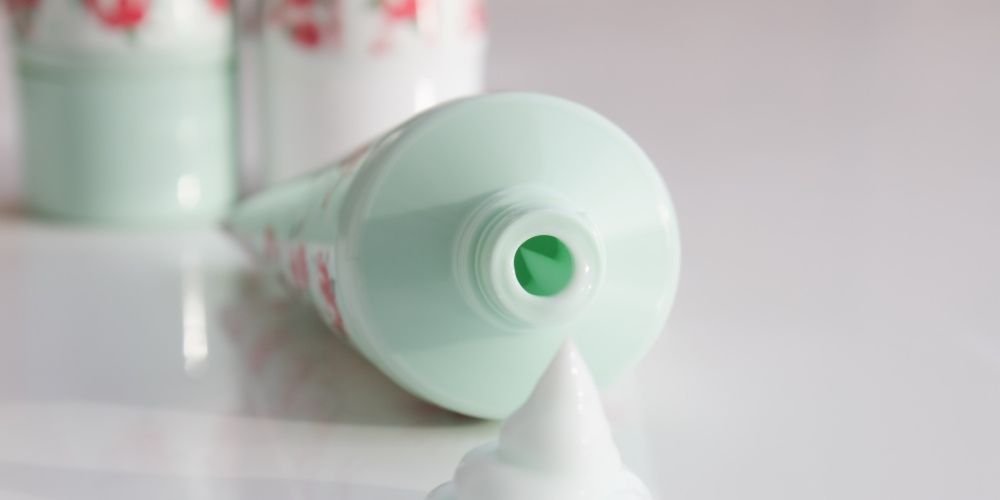Are new age personal care proclaimed natural products authentic?
September 20, 2020 | Sunday | Views | By Dr Manish Sharma
There is a lack of transparency in the claims of the new-age e-commerce companies as the composition of ingredients in their products contradicts their claims
Image credit- shutterstock.com
Personal hygiene has been an integral part of Indian civilisation since time immemorial. It is rightly said ‘Cleanliness is godliness’. Initially, people used natural ingredients in the absence of modern products. But with the gradual development of civilisation, science has produced so many modern products of personal care wherein baby products have their share.
In 2019, the global baby personal care market size was valued at $5.67 billion and is expected to expand at a compound annual growth rate (CAGR) of 6.2% from 2020 to 2027. The market is anticipated to register a healthy growth rate owing to rising concerns over baby health, increasing awareness among consumers regarding the personal hygiene of babies, and the growth of the organized retail sector.
This market is poised to witness significant growth owing to several factors. Rising birth rates in emerging markets, an increase in the disposable income of parents, changing lifestyles, and an increasing number of working women are some of the key factors projected to drive the market in the foreseeable future.
With the increasing graph of income and standard of life, people demand such personal care products which are healthy and natural. In personal care, the separate segment of moms and baby care has been created by the companies and the market for these products accordingly.
There are so many old players already in this segment like Himalaya, Dabur, Emami and several Ayurveda companies. But the increasing demand for these products has paved the way for several new e-Commerce companies to enter into this segment. Recently, so many new e-Commerce brands have made their presence felt with the claim that their moms and baby care products are natural.
In one of the baby products namely — ‘deeply nourishing body wash for babies’, they broadly claim that there are no harmful chemicals and the product is natural. While Potassium Sorbate, an ingredient in the product may cause skin irritation in some cases or the other.
Maybe, to market their products, increase the customer base, and multiply the sales, they have been making claims that their products are natural.
Despite the chemical ingredients in their products which are not scientifically proven to be harmful, they are claiming to be natural. But how can a product blended with essential chemical ingredients be so?
Perhaps, this is happening due to the lack of proper regulation and certification procedures in place. If we talk about certification, we see many companie endorsing their products through foreign certification, which is still questionable until the claim is certified by the credible national body.
Here, a contradiction emerges between the claim of the product of being chemical-free and natural and the ingredients’ composition. This brings out that there is mislabelling. They might be doing this to enlarge their customers’ base as moms and babies are emotional lots. Anyway, this is not the right way to market the products as this is the misinterpretation of facts that questions the credibility of the product and diminishes the transparency credentials.
The market is rife with such baby products of emerging e-commerce companies, which claim their products are natural. In the product market, every company has the right to grow, but making false claims is not desirable. The purpose of advertisement, packaging and labelling is to increase consumer’s awareness of a product and provide information so that they can make informed choices. However, mislabelling for any ulterior motive must be avoided.
There is a lack of transparency in the claims of the new-age e-commerce companies as the composition of ingredients in their products contradicts their claims. We need stringent regulation and certification mechanism to ensure the authenticity of the product so that customers are not fleeced.
However, customers also need to be more informed. In this regard, self-regulation can save from being cheated. So, it should be our call to have multidimensional scan of the products we choose without relying on advertisements and labelling. While a beautifully fragrant product might be enticing, a low budget product might make you feel like you are spending wisely, no amount of satisfaction will match up to the fact that you are choosing what is best and safest for you and your family. Understandably, consumers’ awareness is the hallmark to defeat the vague claimants and choose the desirable products.
References:
[1] https://pubchem.ncbi.nlm.nih.gov/compound/23676745#section=Human-Toxicity-Excerpts
[2] https://onlinelibrary.wiley.com/doi/abs/10.1111/j.0105-1873.2005.0407i.x
Dr Manish Sharma, Consultant, Indian Medical Academy for Preventive Health (IMAPH), A premier Medical Advocacy Group in the country
(Views expressed in all contributed articles are the respective author's own, and BioSpectrum India does not claim to verify any claims or endorse any opinion whatsoever)









